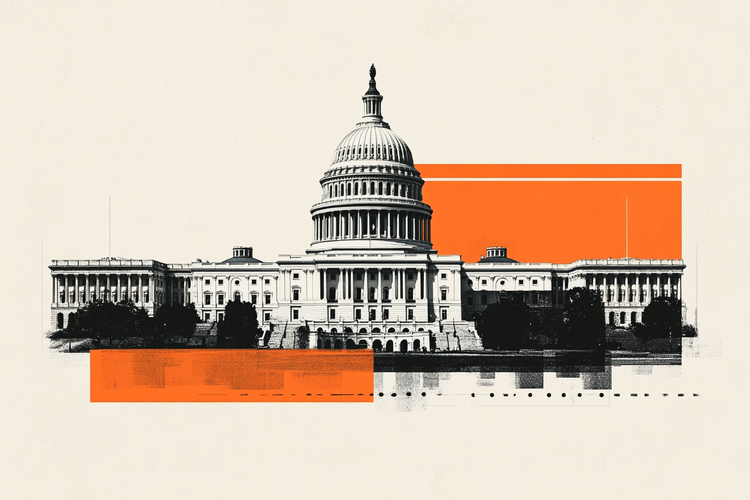Researchers found evidence that combination of sleep and alcohol on long-haul flights may be harmful to heart health . Using a simulation of cruising altitude pressure — that of airplane cabins — scientists obtained enough data to suggest restricting access to alcoholic beverages on board.
It is natural that in healthy passengers atmospheric pressure causes a drop in saturation level of around 90%. When consumed, alcoholic beverages relax the walls of blood vessels and increase the heart rate. During sleep in an airplane cabin, these effects cause the traveler to fall below this oxygenation threshold, reaching a point classified as hypobaric hypoxia — a condition in which the body is deprived of oxygen due to low atmospheric pressure.
To investigate the subject, 48 people aged between 18 and 40 were selected, divided into two groups: half went to a sleep laboratory under normal atmospheric pressure conditions and the other half to an altitude chamber that imitated an airplane cabin at altitude. cruise.
On the first night, 12 people in each group did not drink alcohol and slept for four hours, while 12 rested for four hours and drank drinks. Afterwards, they spent two nights in recovery and one night in which the process was reversed.
During the experimentheart rate and SpO2 — short for peripheral oxygen saturation, which indicates the amount of oxygen bound to hemoglobin in the blood — were continuously monitored.
The results found were:
- Participants who drank and slept in the “cabin”: 85% SpO2 and average heart rate of 88 BPM (beats per minute)
- Participants who only slept in the “cabin”: 88% SpO2 and 73 BPM
- Participants who drank in the laboratory: 95% SpO2 and 77 BPM
- Participants who did not drink in the laboratory: 96% SpO2 and 64 BPM
“Taken together, these results indicate that, even in young, healthy individuals, the combination of alcohol intake and sleep under hypobaric conditions places considerable strain on the cardiac system and can lead to exacerbation of symptoms in patients with heart or lung problems. ”, commented the research team in a press release.
The effects of alcohol proved to be long-lasting in participants who were in a simulated airplane cabin. Oxygen levels below the healthy clinical norm lasted for 201 minutes in those who drank alcohol and 173 in those who did not drink. Furthermore, deep sleep was reduced to 46.5 minutes in the combination of factors, while in the laboratory the results were 84 minutes with drinking and 67.5 minutes without.
In addition to concerns about changes in healthy passengers, a greater risk was detected in the elderly and those with pre-existing medical conditions. “Cardiovascular symptoms have a prevalence of 7% of medical emergencies on board, with cardiac arrest causing 58% of aircraft diversions”, the scientists reported to the press.
Source: CNN Brasil
I am an experienced journalist and writer with a career in the news industry. My focus is on covering Top News stories for World Stock Market, where I provide comprehensive analysis and commentary on markets around the world. I have expertise in writing both long-form articles and shorter pieces that deliver timely, relevant updates to readers.







